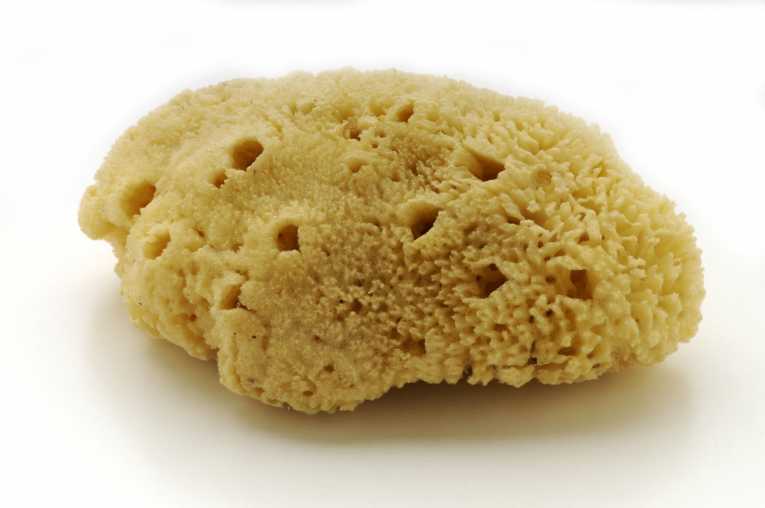A report in a recent edition of Organic & Biomolecular Chemistry, the journal of the Royal Society of Chemistry, described how a young scientist from Imperial College London had been awarded a grant of £106,079 to investigate naturally occurring chemicals found in sea sponges in an effort to find out more about anti-cancer drugs.
31-year-old Dr Matthew Fuchter is the youngest academic to receive a grant from the charity, the Association for International Cancer Research. He said he was ecstatic to receive the funding since as well as being a major milestone in his career, it enabled him to start his independent investigations and build up expertise in cancer research.
Molecules found in deep sea organisms are used in research into a number of diseases, including malaria and cancer, but the particular sea sponge under investigation by the Imperial College team naturally contains the chemical psammaplin A. This is reported to be a powerful blocker of several components of the processing machinery in cancer cells that prevents them from growing and dividing.
Dr Fuchter and his team have discovered a new way of making psammaplin A, which creates the potential to inspire new anti-cancer drugs. The discovery also allows the researchers to make variations of the psammaplin A chemical and to use these variants to further understand the anti-cancer activity of this natural product.
Knowledge gained in this way will assist in subsequent design efforts. The team's preliminary results indicate that these psammaplin A variants are more potent than the natural product and that they could well form the basis of new selective drugs in the future.
Dr Fuchter points out that the new chemical routes toward the natural product psammaplin A were developed with the particular view to preparing diverse variants for biological assessment. ''These routes utilise cheap and commercially available starting materials and allowed access to psammaplin A variants not accessible via currently reported methods.''
He continued, ''Preliminary biological studies revealed these compounds which block the enzyme histone deacetylase are the most potent non-peptidic inhibitors discovered so far. Interestingly, psammaplin A and our man-made variants show high selectivity in lab-based experiments, which is an important feature for the design and manufacture of future drugs.''
Dr Fuchter has high praise for the Association for International Cancer Research, calling the funding a real milestone in the career of a young academic like himself. He reflected that without this financial backing he would not have been able to do the research and without it the work to design new drugs with the potential to enable people to survive cancer would not have been possible.
Dr Mark Matfield, scientific co-ordinator of the Association for International Cancer Research pointed out that several highly effective cancer drugs were first discovered as natural compounds.
''However,'' he continued, ''wonderful as Nature is, she is only halfway there when it comes to beating cancer. Often scientists can improve upon Nature's handiwork by tweaking the chemical structure of these molecules, just as Dr Fuchter has discovered with psammaplin A.''










